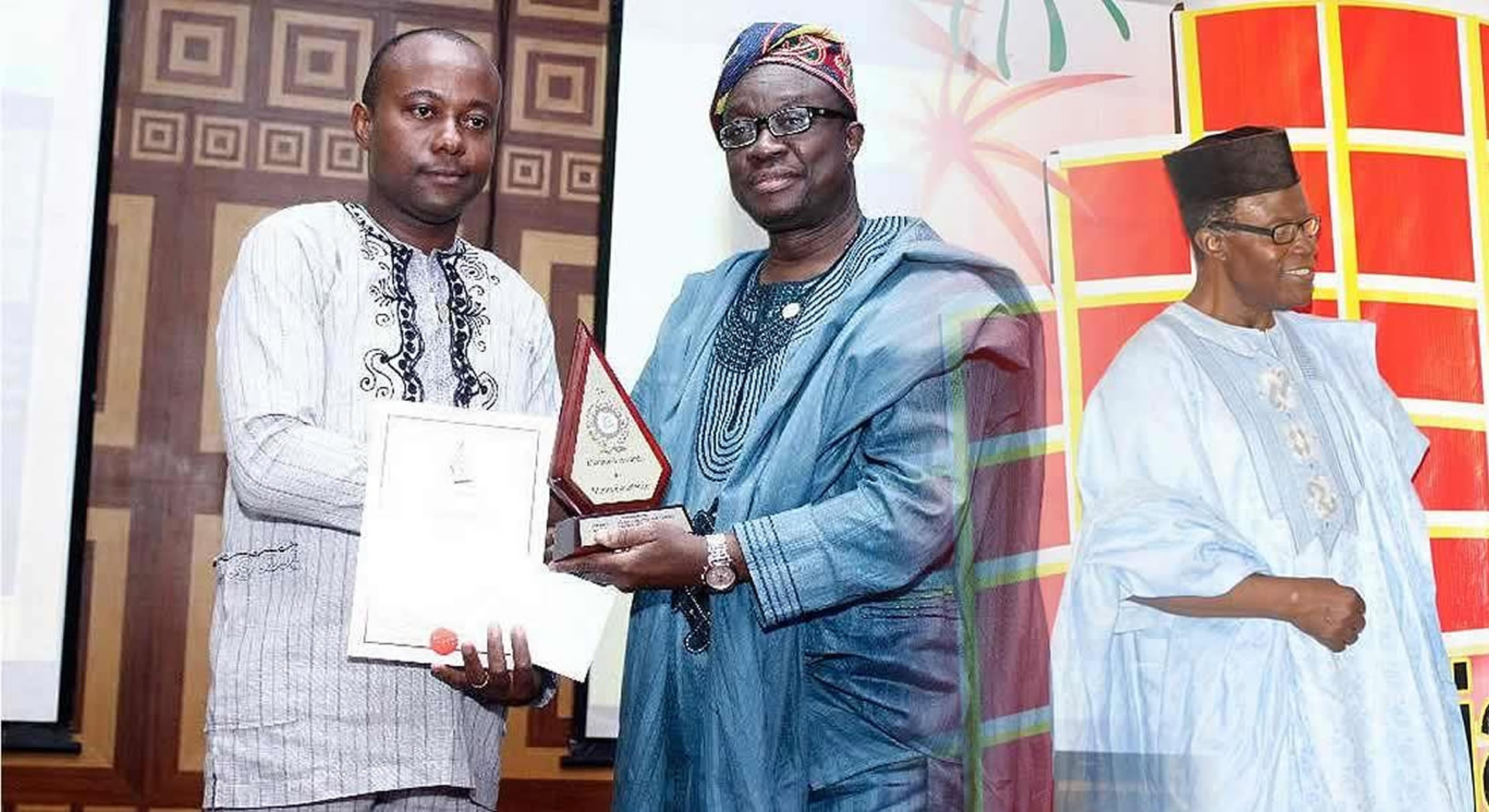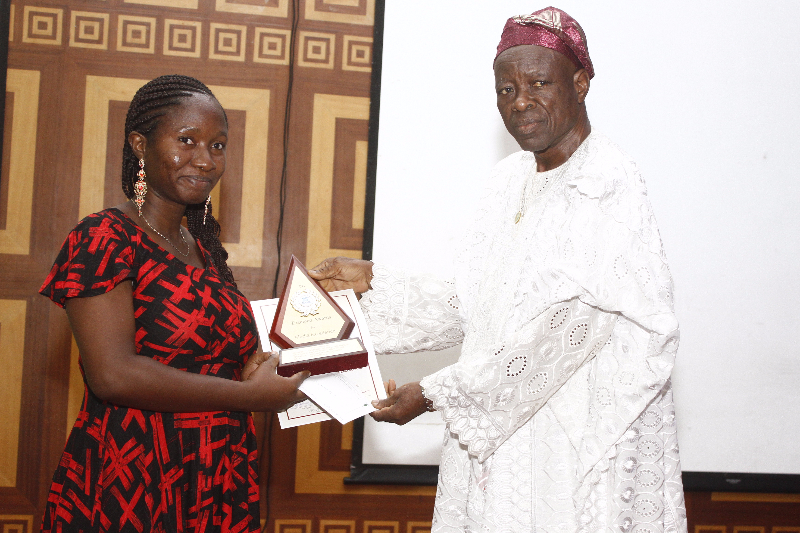DAME AWARDS
About Us
DAME as an idea and product has always engaged public attention. Conceived alongside Media Review, a journal of the media, DAME was announced at the public presentation of Media Review on March 19, 1991 as a humanistic effort to stimulate and reward the pursuit of excellence in media work.
Operating from the premise that the media as keepers of public conscience and morality need a special and regular attention so that the public trust reposed in them is not betrayed, DAME was designed as an annual platform to reward superior performance while Media Review would give monthly feedback to the media on how they were faring.
The two products were thus designed to boost public confidence in the media by encouraging the media to tread the path of ethical responsibility.
DAME has the honour of being the only awards scheme in Nigeria that covers the media disciplines of Journalism, Broadcasting and Advertising. In organising the awards annually, the DAME Secretariat:
- Identifies specific award categories;
- Invites entries from across the nation at a specific period. Such entries can be made by the authors/producers of the works themselves or by interested members of the public;
- Independently monitors year round the performance of the various media, and also enters work for nomination;
- Screens all entries to ensure that specified rules and guidelines are followed;
- Collates data on the nominated work and its author/producer;
- Assembles an independent panel of judges to assess the entries;
- Organises a befitting presentation ceremony;
- Publishes a commemorative edition of Media Review on the winning entries, detailing how and why they won.
The competition is restricted to works produced wholly by Nigerians that appeared in the Nigerian media during the year of assessment. In assessing entries, the judges are expected to lay emphasis on the degree and thoroughness of investigation, the relevance of the work to society, the style of presentation and the impact the work had. If no outstanding work is found in any category, no award is made in that category.
While its choices of winners have been generally applauded, it has on very few occasions had cause to enter media debates on its operations. One is worthy of reproduction for the issues raised still feature in media discourse.
On January 10, 1994, The Guardian had published in its Media Watch column an article, entitled “Media awards on the fireline”, which raised issues which tended to assail the integrity of the awards. To be fair, two awards schemes were assessed. DAME, however, felt it was being unfairly corralled into an unfair assessment. Two issues stood out of The Guardian’s article. They ranged from a critique of the mode of picking winners from entries and nominations to the preponderance of winners coming from the Lagos area.
In a rejoinder, “DAME and its critics”, published February 9, 1994, DAME argued that as promising as the “story idea was-an attempt at scrutinising media awards-it failed to treat the subject with the expected depth.” It then submitted:
“Your reporter doubts if the mode of choosing winners-through entries and nominations makes it possible to ‘reach out to all journalistic works of excellence in a given year in the country.’ Since DAME does not approach the award contest with the attitude that there is already a list of the best journalists in the categories somewhere, DAME allows everybody who believes he has contributed to the value of excellence in his journalistic work to send such a work.
e-Book Download in PDF

Please click here to download the e-Book for "Watchdogs or Captured Media" book that was recently launched.


